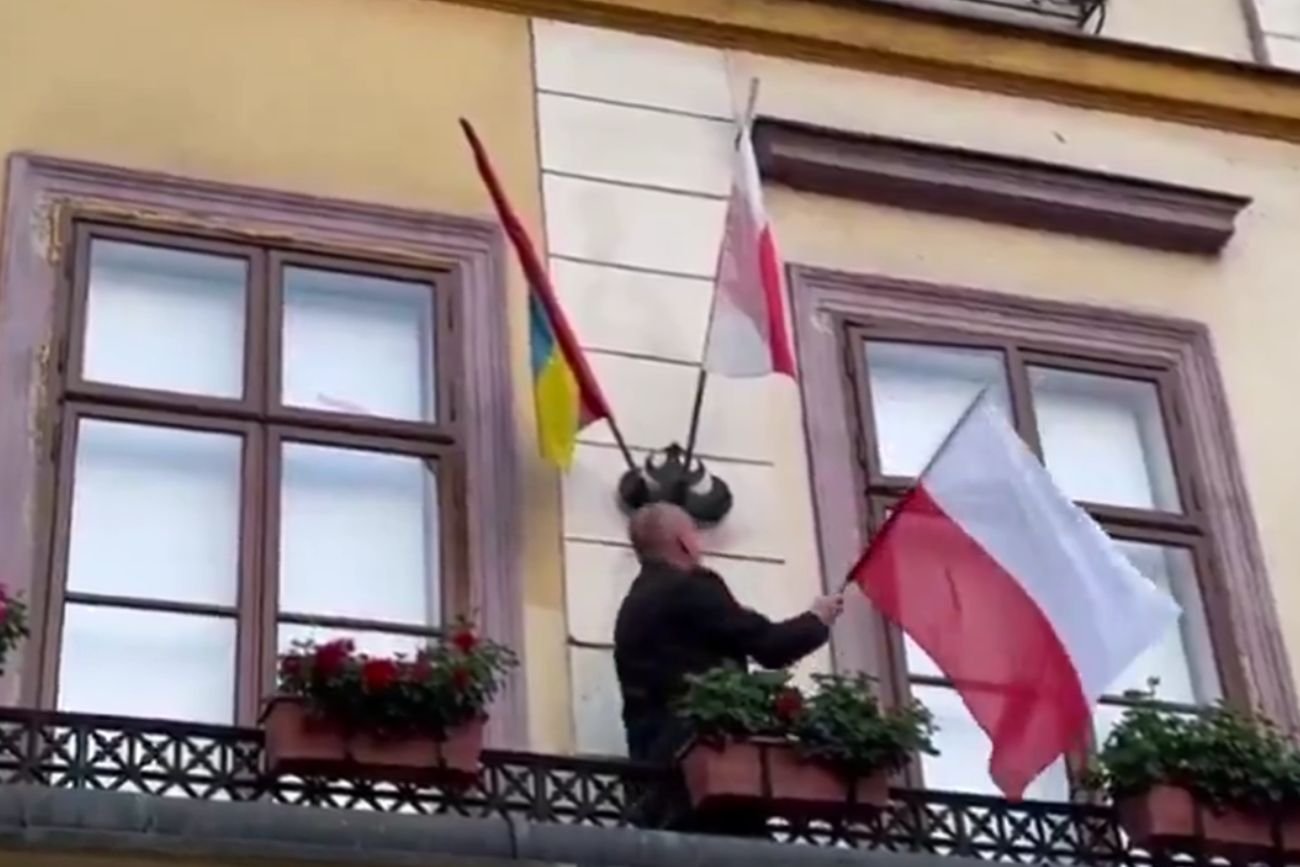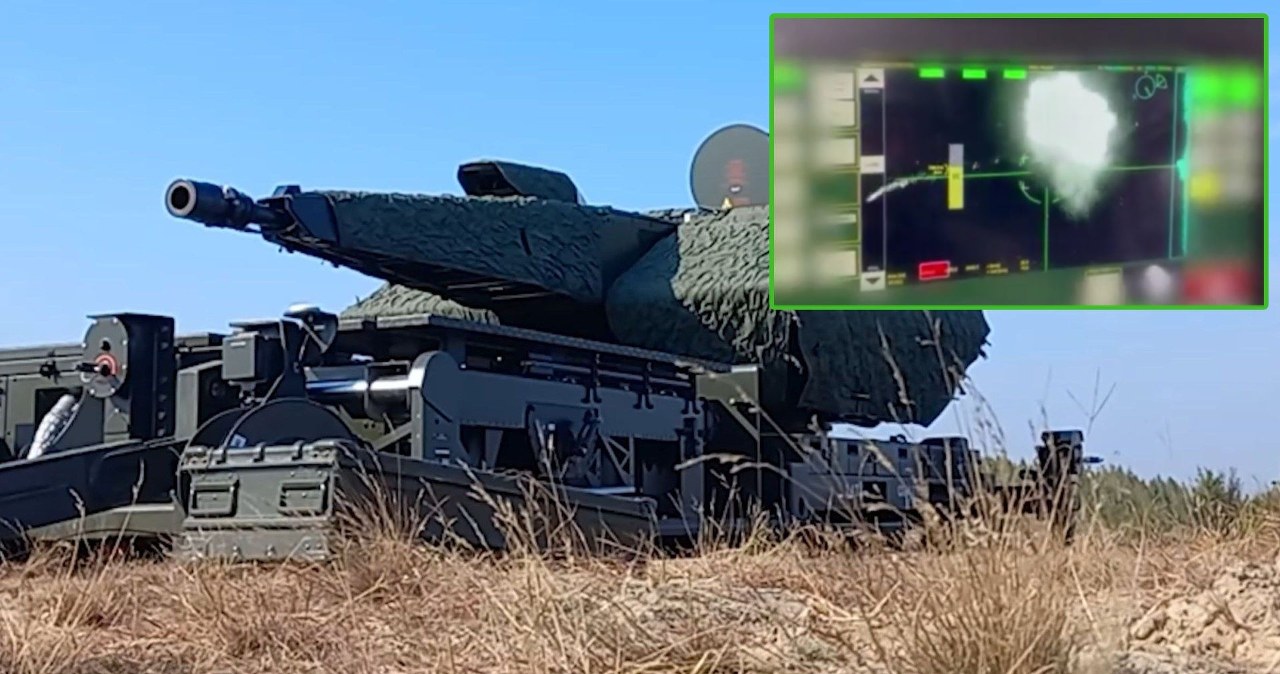80 years ago, imposed on Poland by the Soviets, the communist government of PKWN concluded with the USSR an agreement on the “evacuation of Polish citizens from the russian and Ukrainian republics and Lithuania” i.e. from the Polish Borders captured by the USSR. Communist propaganda called it false repatriation, which was actually forced displacement. In cattle wagons, about 2 million Poles were moved from the lands on which they lived for centuries, built faith, created tradition, culture, erected manors, palaces and beautiful temples.
Lithuania
Poles were displaced from the Lithuanian USSR in 2 periods. First from 1944 to 1946. Then from 1955 to 1959. As part of the alleged “first repatriation” of Lithuania, as many as 148,000 Poles were displaced in 1944–1946. Most displaced people from Lithuania settled in Warmia and Pomerania and smaller groups in Lower Silesia. During the second repatriation, more than 46 1000 Poles were displaced. A large group of them lived in the area of the then Białystok Voivodeship. Most of them were sybiracians.
– The Soviets took our land property close Vilnius and drove us to Siberia. We were there 8 years, until 1957. Our property was turned into a collective farm, the manor was destroyed. We lived in Vilnius for a while, but the communists didn't want us there. In fact, Poles were driven out after the war in Vilnius. It was done by Lithuanian communists who moved to Vilnius from the deaf province. They organized peculiar train depots and ordered Poles to board them and “go to Poland”. It was called repatriation. That's how we got to Białystok, where my mom's brother, who took us in, lived. – says Michał Wileński – Sewruk.
Belarus
From the Belarusian USSR, between 1944 and 1959, 375 1000 Poles were displaced. The displaced persons settled mainly on the alleged reclaimed lands – in Lower Silesia and in the western part of Wielkopolska, as well as in the Zachodniopomorskie Voivodeship and Pomerania. Many of them were “ideologically dangerous elements” for the russian authorities to be disposed of.
– I was an AK soldier. I lived close Grodna. In 1948 I was arrested by the NKVD. The russian court first gave me 105 years of camp and then “pity” and reduced this punishment to 25 years. I went to Irkutsk. Many people died while working in the forest. I survived, due to my amnesty, I was released from the camp. My household home, after the war, was in the territory of the Belarusian USSR. The authorities considered me “an enemy of the people” so I could not live there. As a alleged repatriant in 1948, I came to Poland, to Białystok. Later I managed to bring my parents and my sister here, who were besides sybiaras – mentioned Peter Kiss, Sergeant AK.
Ukraine
During the period of the first mass displacement campaign, culminating in the second half of 1945 and the first half of 1946, about 1.3 million Poles were resettled from the Ukrainian USSR (before the war of the south-eastern lands of the Second Republic of Poland). The population of Poland from russian Ukraine settled mainly in the west of the Silesian Voivodeship and in Lower Silesia, part in Białystok.
– My household survived the Volyn massacre. We lived in Osiecznik village close Kowla. After the war, however, the communists did not treat Poles well. They didn't think we should be in Volyn. With my husband, who was besides from Volyn and was an AK soldier, we had to go to Poland. We settled close Białystok. I only visited Volyn once, it was 1998. It was hard for me to see what was there. Just ruins and full devastation. The graves of countrymen everywhere – Alfred Kołodzińska told us.
Expatriation from the depths of the USSR
In the USSR, in the interior of this country there were many exiles, squires and Polish refugees. In June 1945 their resettlement to Poland began. In total, about 160 1000 Poles were displaced from deep Russia. Furthermore, between 1951 and 1952 the russian authorities of the USSR agreed that 787 Polish children should leave the russian homes of the kid and go to PRL-u.
Severe conditions for resettlement
The resettled Poles were distraught at the necessity of leaving their home pages, leaving their possessions, heritage, culture, churches, graves of their loved ones and going to the unknown. Fr Józef Anczarski noted in May 1946 that "We are leaving tomorrow. There's a transport. A long line of cars is waiting at the station. Those cars are ugly and filthy. The covered and closed is little, the most open, which usually serves to carry coal, stones or bricks to build houses. And that's where all the families are going with their belongings, with cows, horses, hens, and everything they can take. It's the last day we've been in this town and this land. The last Mass in our church. And they tell us that we are leaving forever, that Poland will never come back. We leave this to God and His arrangements. We have nothing to say now. It is what it is. They throw us out with rape, force and slaughter."
Adam Białous










